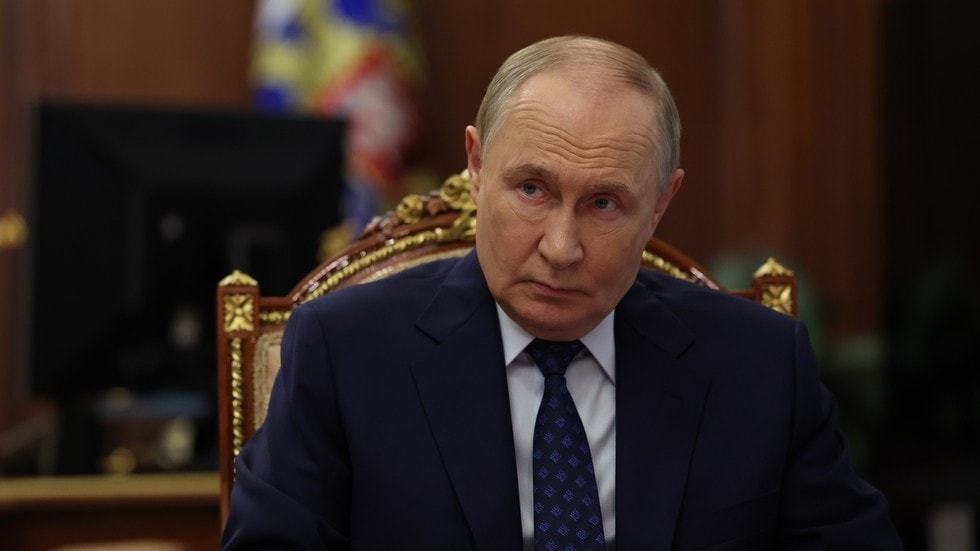US expert: Mr. Trump basically accepted Mr. Putin's proposal on New START
President Donald Trump has essentially accepted Russian President Vladimir Putin’s proposal to continue to abide by the limits of the New Strategic Arms Reduction Treaty (New START), according to a leading US arms control expert. Now the two sides need to formalize the agreement.

Commenting to TASS news agency, Mr. Daryl G. Kimball, Executive Director of the Arms Control Association (ACA), said he welcomed "President Trump's positive response" to Russian President Vladimir Putin's proposal.
Earlier, when asked by TASS on October 5, Mr. Trump said Mr. Putin's proposal "sounds like a good idea."
“The Kremlin and the White House now need to formalize the agreement and immediately direct their teams to begin negotiations on one or more new, more comprehensive agreements,” Mr. Kimball stressed.
Respecting the treaty's central limits for at least a year after its expiration would help reduce tensions, prevent a costly arms race, create diplomatic leverage to curb China's arsenal and buy time for negotiations on a more permanent treaty, the expert said.
On September 22, President Putin announced that Russia was ready to continue complying with the New START quantitative limits for another year after the treaty expires in February 2026. However, he stressed that this measure would only be possible if Washington did the same.
The New START Treaty was signed in 2010 and entered into force in 2011. The treaty stipulates that each side shall have no more than 700 deployed intercontinental ballistic missiles (ICBMs), submarine-launched ballistic missiles (SLBMs), and strategic bombers; no more than 1,550 deployed nuclear warheads; and a total of 800 deployed and non-deployed launchers.
In February 2021, Moscow and Washington extended the treaty for another five years, until February 5, 2026. However, in February 2023, President Putin announced that Russia would suspend its participation, but not withdraw from New START, citing the need to take into account the nuclear arsenals of other NATO powers, Britain and France, not just the United States.
